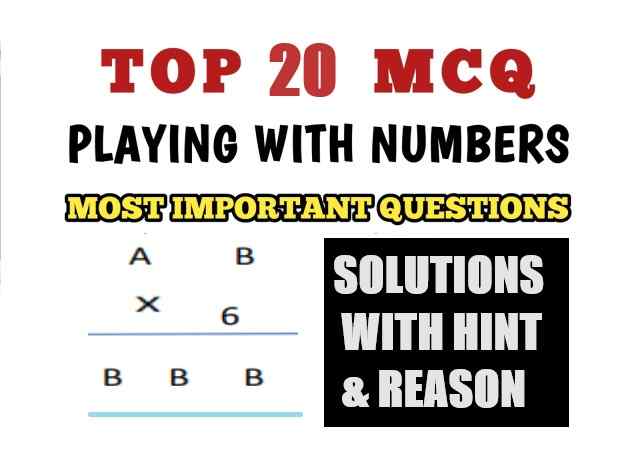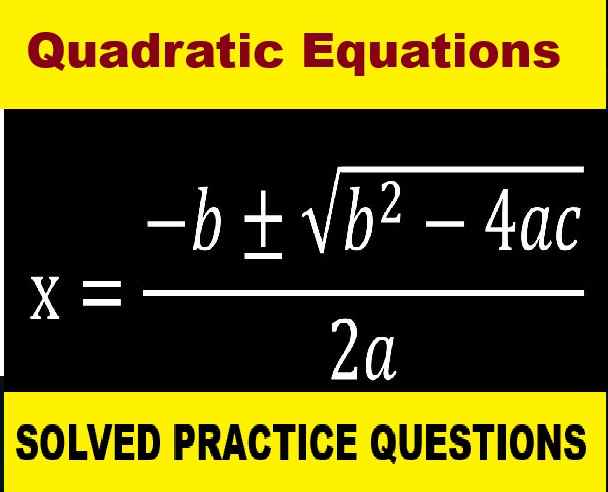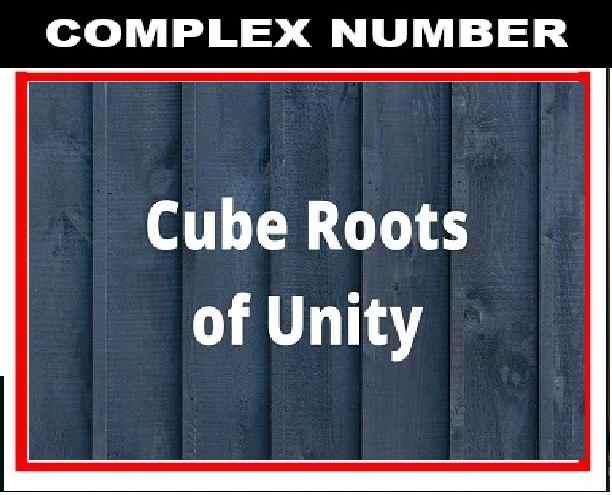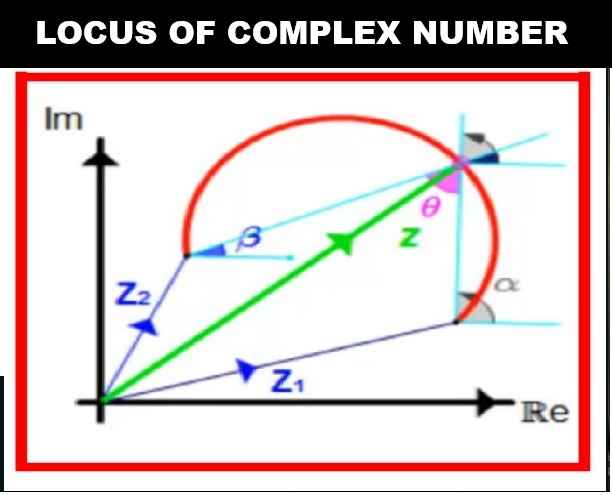Playing with Numbers MCQs Class 8 RS Aggarwal Exe-4D Goyal Brothers Prakashan ICSE Foundation Maths Solutions. We provide step by step Solutions of council prescribe textbook / publications to develop skill and confidence. Visit official Website CISCE for detail information about ICSE Board Class-8 Mathematics.

| Board | ICSE |
| Publications | Goyal Brothers Prakshan |
| Subject | Maths |
| Class | 8th |
| writer | RS Aggarwal |
| Book Name | Foundation |
| Ch-4 | Playing with Numbers |
| Exe-4D | Multiple Choice Questions |
| Edition | 2024-2025 |
Multiple Choice Questions
Playing with Numbers MCQs Class 8 RS Aggarwal Exe-4D Goyal Brothers Prakashan ICSE Foundation Maths Solutions.
Page- 65,66
Exercise- 4D
Multiple Choice Questions :
Que-1: If 42*8 is a multiple of 9, then the digit represented by * is
(a) 0 (b) 1 (c) 2 (d) 4
Solution- (d) 4
Reason: First of all, we should know that if a number is a multiple of 9 then the sum of all digits of that number should be a multiple of 9.
Now,
As given in the question, we have,
42 *8 is a multiple of 9
This means,
4 + 2 + * + 8 …should be a multiple of 9
= 14 + * …should be a multiple of 9
So,
The value of * can be 4, so that
14 + 4 = 18,
which is a multiple of 9.
Hence, the value of * is 4.
Que-2: Consider the following statements :
(i) In a given whole number, if the sum of the odd numbered digits is equal to the sum of even numbered digits, then the number is divisible by 11.
(ii) In a given whole number, if the difference of sums of odd numbered digits and even numbered digit is divisible by 11, then the number is divisible by 11. Of these statements
(a) only (i) is correct (b) both (i) and (ii) are correct (c) only (ii) is correct (d) both (i) and (ii) are wrong
Solution- (b) both (i) and (ii) are correct
Reason: the given number can only be completely divided by 11 if the difference of the sum of digits at odd position and sum of digits at even position in a number is 0 or 11.
Que-3: The number 12345674 is divisible by
(a) 3 (b) 5 (c) 9 (d) 11
Solution- (d) 11
Reason: A number is divisible by 11 if the difference between the sum of the digits in the odd positions and the sum of the digits in the even positions is divisible by 11.
Sum of digits in odd positions: 1 + 3 + 5 + 7 = 16 Sum of digits in even positions: 2 + 4 + 6 + 4 = 16 Difference: 16 – 16 = 0
Since the difference is 0, which is divisible by 11, 12345674 is divisible by 11.
Que-4: What least value must be assigned to * so that the number 91876*2 is divisible by 8?
(a) 1 (b) 2 (c) 3 (d) 4
Solution- (c) 3
Reason: Given, 91876*2 is divisible by 8.
Since, we know that, if a number is divisible by 8, then the number formed by last 3 digits is divisible by 8.
So, 6*2 is divisible by 8.
Here, a can take values from 0 to 9.
For a = 0, 602 is not divisible by 8.
For a = 1, 612, which is not divisible by 8.
For a = 2, 622, which is not divisible by 8.
For a = 3, 632 is divisible by 8.
Hence, the minimum value of a is 3 to make 91876a2 divisible by 8.
Que-5: The value 111,111,111,111 is divisible by
(a) 9 and 11 (b) 5 and 9 (c) 3 and 11 (d) 5 and 11
Solution- (c) 3 and 11
Reason: Divisibility rule of 11 : If the number of digits is even, add the first and subtract the last digit from the rest. The result must be divisible by 11.
Divisibility rule of 3 : If the sum of the digits of a number is divisible by 3.
Number of digits = 12
Sum of digits = 12
Thus, by divisibility rule, the given number is divisible by 3 and 11.
Que-6: What least value must be given to * so that 97215*6 is divisible by 11?
(a) 1 (b) 2 (c) 3 (d) 5
Solution- (c) 3
Reason: The given number is 97215∗6
⇒ Let ∗ be the x, then number becomes 97215×6.
⇒ Divisibility rule of 11 : Alternate adding and subtracting the digits, and if the result is a multiple of 11, then the original number is a multiple of 11.
⇒(9+2+5+6)−(7+1+x)=14−x
⇒14−x=11
⇒x=3
⇒ 3 is the least value must be given to ∗ so that the number 97215∗6 is divisible by 11
Que-7: In a 3-digit number, if the middle digit is equal to the sum of other two digits, then it is a multiple of
(a) 9 (b) 10 (c) 11 (d) None of these
Solution- (c) 11
Reason: If a number is multiplied by 11, it technically means no. X 10 + no. X 1.
for example, 11 X 11 = 110+11 = 121
Middle no. = 2 = Sum of other 2 digits = 1+1 = 2
So, by satisfying the above conditions, the no. is a multiple of 11.
Que-8: Find the multiple of 11 in the following numbers.
(a) 112144 (b) 447355 (c) 869756 (d) 978626
Solution- (d) 978626
Reason: In 978626, we have (6 + 6 + 7) – (2 + 8 + 9) = 0
Hence, 978626 is completely divisible by 11
Que-9: What least value must be given to n so that the number 6135n2 becomes divisible by 9?
(a) 1 (b) 3 (c) 3 (d) 4
Solution- (a) 1
Reason: For 6135n2 to be divisible by 9, the sum of the digits should be a multiple of 9.
Here 6+1+3+5+2+n = 17+n. In order that the sum be 18, the value of n = 1.
n = 1.
Check: 613512 / 9 = 68168.
Que-10: The number 715938* is divisible by 4. The unknown non-zero digit marked as * will be
(a) 2 (b) 3 (c) 4 (d) 6
Solution- (a) 2
Reason: If * = 2, the number would be 7159382, which is divisible by 4.
Que-11: Consider the following statements : The number 24984,26784 and 28584 are
(i) divisible by 3 (ii) divisible by 4 (iii) divisible by 9
Which of these are correct ?
(a) (i) and (ii)
(b) (ii) and (iii)
(c) (i) and (iii)
(d) (i),(ii) and (iii)
Solution- (d) (i),(ii) and (iii)
Reason: 2+4+9+8+4=27 divisible by 3 and 9
2+6+7+8+4=27 divisible by 3 and 9
2+8+5+8+4=27 divisible by3 and 9
Since all the three numbers have the last
two digits as 84; a number divisible by 4
So this numbers is divisible by all.
Que-12- How many of the following numbers are divisible by 3 but not 9 ? 2133,2343, 3473, 4131, 5286, 5340, 6336, 7347, 8115, 9276
(a) 5 (b) 6 (c) 7 (d) None of these
Solution- (b) 6
Reason: A number divisible by 9 is also divisible by 3. On the other hand, every number which is divisible by 3 may or may not be divisible by 9.
4320, 3474, 4131, 6336 are divisible by 9. Hence these are automatically divisible by 3.
Remaining numbers 2343, 5286, 5340, 7347, 8115, 9276 are divisible by only 3
Ans: 2343, 5286, 5340, 7347, 8115, 9276 are divisible by 3 but not by 9
Que-13: If the number 357*25* is divisible by both 3 and 5, then the missing digits in the units place and the thousands place respectively are
(a) 0,2 (b) 0,6 (c) 5,1 (d) 5,4
Solution- (a) 0,2
Reason: 3 + 5 + 7 + X+ 2 + 5 +Y = 22 + X + Y is divisible by 3
Only if X is 2 and Y is 0 will the number be divisible by 3
Also if X is 2 and Y is 0 the number is divisible by 5.
Que-14: 3 – 3 + 3 – 3 + ………. 101 terms = ?
(a) -3 (b) 0 (c) 3 (d) None of these
Solution- (c) 3
Reason: 3 – 3 + 3 – 3 ……..100 times + 3
⇒ 3 + 3 + ……50 times – 3 – 3 …..50 times + 3
⇒ 150 – 150 + 3 = 0 + 3
⇒ 3
Que-15: If m,n,p be the digits of a number beginning from the left, the number is
(a) mnp (b) m+10n+100p (c) 10m+n+100p (d)100m+10n+p
Solution- (d) 100m+10n+p
Reason: Any three digit number is 123.
Now, 123
= 1×100 + 2×10 + 3×1
The value of any digit at ones place is
(1×that digit),
The value of any digit at tens place is
(10×that digit) and
The value of any digit at hundreds place is
(100×that digit).
In this problem, the digits of the number from the left are m, n and p respectively.
So, m is at hundreds place, n is at tens place and p is at ones place.
Thus, the required number be
= (100×m) + (10×n) + (1×p)
= (100m + 10n + p).
Que-16; If x and y are both odd numbers, which of the following is an even number ?
(a) x+y (b) x+y+1 (c) xy+2 (d) xy
Solution- (a) x+y
Reason:We know that sum of two numbers is always an integer.
For example, 3+5=8
7+9=16
Hence, x+y is always an even number when both of them are odd.
Que-17: If (p-1) is an odd number, what are the two other odd numbers nearest to it ?
(a) p+1,p+3 (b) p,p+2 (c) p-3,p+1 (d) p-3,p-5
Solution- (c) p-3,p+1
Reason: the two other odd numbers nearest to it :-
(p-1)+2 and (p-1)-2
p – 1 + 2 = p+1
p -1 -2 = p-3
Que-18: Find the missing number in the following addition problem :
835 + 4*8 + 9*4 = 22*7
(a) 0 (b) 4 (c) 6 (d) 9
Solution- (c) 6
Reason: 1 + 3 + * + * = 10 + *
4 + 2* = 10 + *
2* – * = 10 – 4
* = 6.
Que-19: What number should replace M in the following multiplication problem ? 3M4 x 4 = 1216
(a) 0 (b) 2 (c) 4 (d) 8
Solution- (a) 0
Reason: 1216/4 = 304
x = 0
— : End of Playing with Numbers MCQs Class 8 RS Aggarwal Exe-4D Goyal Brothers Prakashan Maths Solutions :–
Return to :- ICSE Class -8 RS Aggarwal Goyal Brothers Math Solutions
Thanks
Please share with yours friends if you find it helpful.


